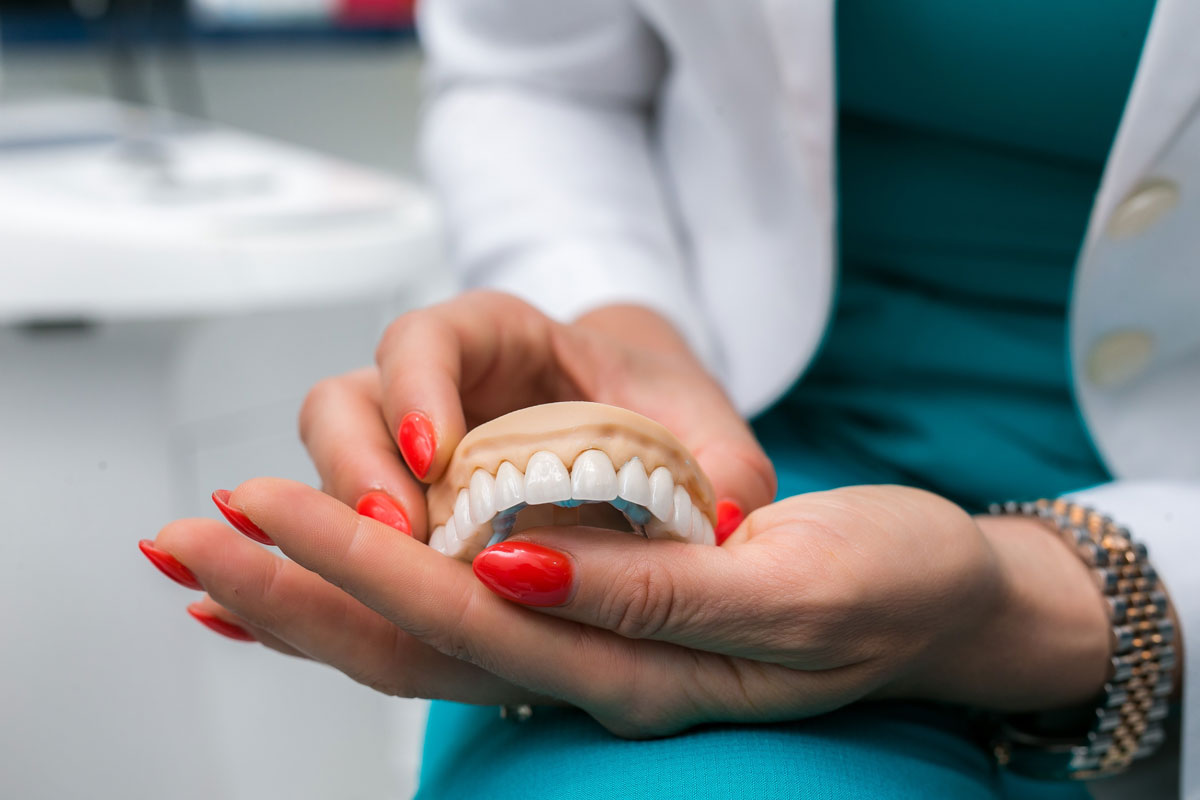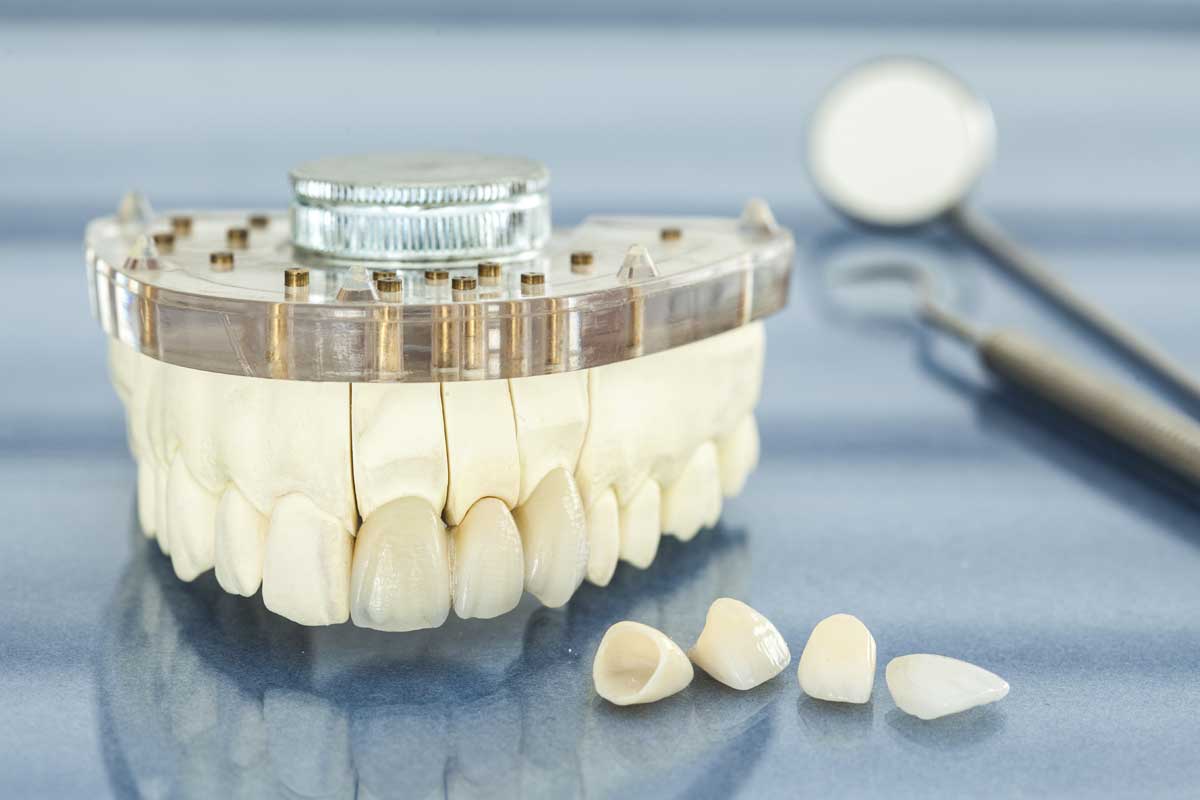Dental Bonding And Dental Veneers Are Not The Same Thing
Dental veneers and dental bonding have significantly impacted how beautiful our patients' smiles can look. In these procedures, dental materials are used to lengthen the visible portion of the natural tooth crown and correct imperfections such as chipped or malformed teeth. Both dental veneers and dental bonding are helpful and advantageous in smile makeovers. Visit our sunny dental care office to discuss your ideal smile with our cosmetic dentist.
Understanding some Procedures, dental bonding vs veneers
Dental bonding is using composite resin to mask dental imperfections or reshape teeth. Dental veneers consist of thin porcelain shells. The lab uses the information from the dental office to fabricate the shells.
Dental veneers are intended to improve the smile's appearance and reshape the visible front teeth. To enhance the appearance of a smile, cosmetic dentists design a plan to cover up dental imperfections in the front teeth and reposition the teeth to their proper positions. Visit Sunny near me if you are facing oral health issues.

What Is Dental Bonding?
Dental bonding is a cosmetic strategy in which a tooth-colored resin is bonded to the tooth's surface. For long-lasting and natural-looking results, dental bonding resin prepared to match the color of your genuine teeth is incredibly durable.
What Are Dental Veneers?
A dental veneer covers the front of each tooth with a thin layer of porcelain. Bonded to the tooth's surface to mimic a natural tooth, Porcelain veneers are made of premium ceramic and are used to restore the appearance of teeth
.
Why Opt for Dental Bonding?
While veneers offer more aesthetic benefits because the porcelain completely covers the tooth, dental bonding is a more sensible and highly advised choice for many patients who want to tidy their teeth.
It Includes:
- Dental bonding can be ended in just one session.
- Doesn't always need anesthesia
- It doesn't always need the existing tooth surface to be removed
- Fortifies the tooth
- Less costly than veneers
- Long-lasting and up to 15 years if correctly cared
Advantages Of Dental Bonding
Being a less invasive alternative to veneers, dental bonding is an excellent choice for those seeking a cost-effective means of enhancing the appearance of their teeth.
Drawbacks Of Dental Bonding
Dental bonding's main drawback is that, compared to veneers, it stains more readily, so you'll need to be extra cautious when brushing and flossing your teeth.
Advantages Of Dental Veneers
Compared to dental bonding, veneers are more durable, less prone to staining, and more natural-looking. Additionally, two visits are necessary: one for placement and one for preparation.

The drawbacks of veneers
Veneers need extensive preparation before being inserted, and they are more costly than dental bonding. This may make them less reversible than dental bonding since it means that part of your tooth enamel must be removed.
Wide It Up
The degree of your cosmetic concerns, your financial situation, and the duration of your desired results will all play a role in your decision between veneers and dental bonding. Dental bonding is less invasive and typically costs less, but it might need to be replaced more frequently because it isn't as strong as veneers. Locate the Best near me dental clinic For your oral Health.
Comments
Post a Comment